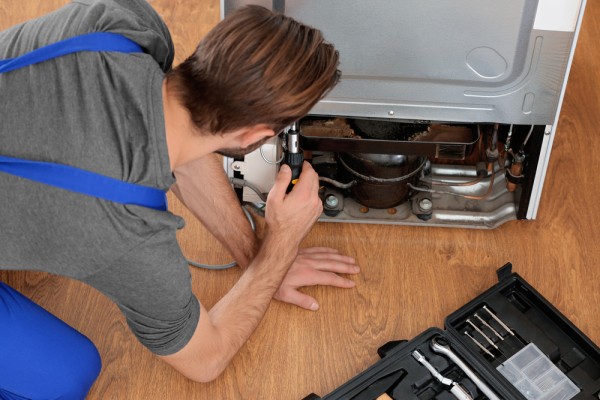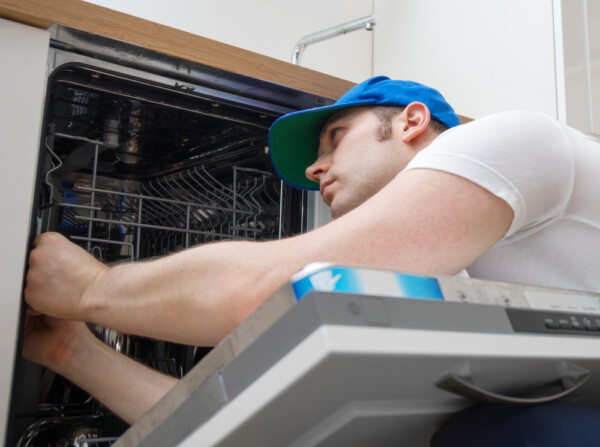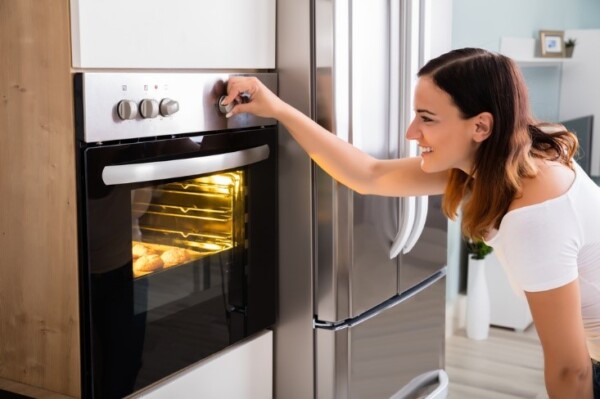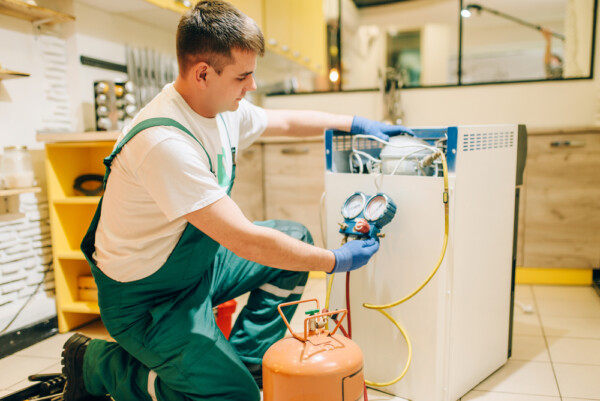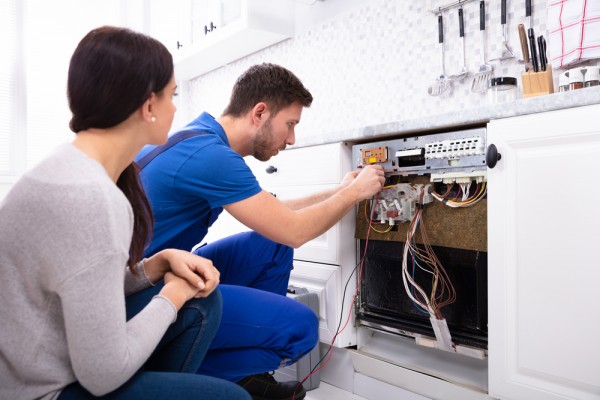Temperature Fluctuations In Your Fridge: Identifying Issues And Seeking Expert Help
Maintaining the ideal temperature in your fridge is crucial to keep your food fresh and safe for consumption. Temperature fluctuations in your fridge can indicate various issues that need expert help. To keep cooling your fridge, you must monitor your fridges temperature regularly. If you notice any changes, such as warmer temperatures, then checking vents, door seals and cleaning coils could help identify the problem. Changes in heat during winter or summer heat can affect your refrigerator’s performance.
Temperature fluctuations in your fridge can be a sign of underlying issues that require expert help to identify and resolve. If cold air escapes the fridge compartment or you notice difficulty maintaining a sufficient temperature in your freezer, it is important to check the temperature regulator, evaporator fan, and compressor for any signs of malfunction. Opening the refrigerator door frequently can also cause cold air to escape, leading to temperature fluctuations. Working fans are essential for proper air circulation and temperature control within different compartments of your fridge.
Cooling your freezer and having a good fridge/freezer is essential for keeping your food fresh and safe to eat. However, if you notice temperature fluctuations in your fridge, it could be an indication of underlying issues that need to be addressed. A faulty evaporator fan in your fridge can prevent your freezers from cooling properly, causing the freezers’ evaporator coils to freeze over and the defrost system to fail. This can cause a warm fridge compartment and ice buildup in your freezers. If you notice any of these issues, seeking expert help is crucial.
Temperature fluctuations in your fridge can cause the wrong fridge temperature, which can lead to harmful bacteria flourishing on your food. It’s important to regularly check your freezer temperature settings to ensure that they are set at the correct temperature. Otherwise, if it’s too warm, it could cause illness due to the increased rate of harmful organisms growing on your food. One solution is to ensure that there is no light entering the fridge as this can also contribute to bacterial growth.
Temperature fluctuations in your fridge can be a serious issue, especially if you frequently open and close your fridge door, cram your fridge with too much stuff or don’t properly circulate air. Cold air needs to flow freely in order to maintain safe food storage temperatures for your groceries. When the temperature drops or varies, it can trap tons of bacteria in the rafters of your fridge that grow rapidly and can contaminate your food.
Seeing your fridge struggle with fluctuations in temperature can be a worrying sign. Your fridge is an essential appliance that uses a lot of energy to keep your food fresh and healthy. If you notice temperature fluctuations, start by checking your fridge door seal and adjusting the thermostat. Changing the temperature too frequently or leaving the refrigerator door open for too long can cause the cold air to escape and make it harder for your fridge to maintain a consistent temperature. If you’re still struggling with temperature changes, seek expert help before it’s too late.
Temperature fluctuations in your fridge can be a major issue that can cause food spoilage and waste. To identify the problem, start by checking the thermostat and resetting the fridge’s thermostat if necessary. Using an appliance thermometer can help you adjust the temperature, especially if you notice that it’s consistently fluctuating. If the problem persists, there may be an issue with the fridge’s control board or shock system, which will require expert attention.
To ensure that your GE fridge stays in good condition, it is important to regularly check its temperature and maintain a constant temperature inside. To do this, you can use a glass thermometer and place it in the fridge to see if it matches the temperature display on the fridge. It is also important to not overload your fridge with groceries, as this can damage cold temperatures and affect the overall temperature of your fridge.
Temperature fluctuations in your fridge can cause food to spoil and affect the quality of your meals. To prevent this, it is essential to install a thermometer in both the freezer and refrigerator compartments. Check the temperature regularly and place the thermometer on the middle shelf, leaving it for at least 12 hours to get an accurate reading. If you notice any parts of your fridge not reaching the right temperature, seek expert help immediately.
Fridge freezers and refrigerators are essential appliances that help us to keep our food fresh and cool. However, temperature fluctuations can occur, especially if you have a fully stocked fridge or are using the freezer frequently. Opening the freezer regularly or storing your fridge in garages with fluctuating temperatures can also affect the temperature range. If you notice any parts of your fridge not reaching the right temperature, seek expert help immediately. A narrower temperature range is desirable as it will use less energy and maintain temperatures better, allowing you to cool hot items quickly.
Temperature fluctuations in your fridge can be a real pain, but they’re not uncommon. Whether you have an older fridge freezer that’s been plaguing your fridge for years or struggles your newer fridge is experiencing, there are a few things you can do to keep it at its best. Keeping your fridge at the optimal temperature is key to ensuring it’s an efficient appliance that isn’t wearing out its compressor unnecessarily. One of the most common issues people face with their fridges is ice building up in their freezer, which can make entering the appliance difficult and impact the temperature of both compartments.
However, another issue that can exacerbate a faulty thermostat is unintentional temperature fluctuations in your fridge. A faulty thermostat can cause the freezer to burn or struggle, impacting the refrigerator’s ability to maintain a consistent temperature. This can make food spoil faster and lead to freezer burn. If you notice that your freezer or refrigerator struggles to maintain the best temperature or you experience fluctuating temperatures, it may be time to seek expert help. Ignoring these issues can result in costly repairs or even the need for replacing a faulty thermostat altogether.
Temperature fluctuations in your fridge can cause a range of issues including an overly frosty freezer and temperatures that damage food items. Overfilling your refrigerator or blocking vents can also cause unreliable temperatures. The most common causes of these issues are longer-term problems, but some are very easy to fix.
To schedule refrigerator repairs in Oklahoma City contact Appliance Repair OKC Services by calling 405-378-4566 or visit our website at https://www.okcappliance.com to also our Google business page at https://cutt.ly/YEnc8qk. Call now!
The post Temperature Fluctuations in Your Fridge: Identifying Issues and Seeking Expert Help appeared first on Appliance Repair OKC Services | Best Appliance, Washing Machine Repair Company in Oklahoma.

